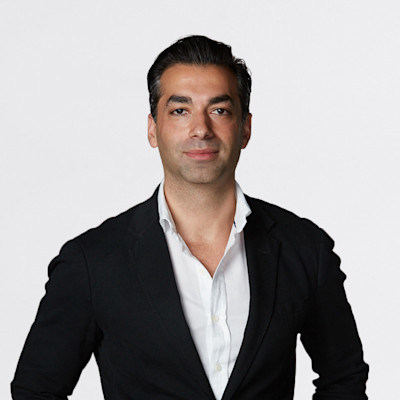Essential Takeaways
• Clinical research terminology provides a universal language for scientists across the world to communicate their findings (and study design).
• We cover key clinical terms to know.
Our clinical study was double-blind, university-backed, randomized, and placebo-controlled.
Confused? We know—without definitions, understanding what any of this means can be… tricky, to say the least. But these words are also pretty powerful, so allow us to explain.
Clinical research terminology provides a universal language for scientists across the world to communicate their findings and describe their study design. And that means the details really matter—there’s a difference between a “clinical study” and a “clinical trial,” for example.
That said, we don’t think a PhD should be a baseline requirement to understand the significance of clinical research. So consider this a crash course on key clinical research terms to know.
Class is in session!














